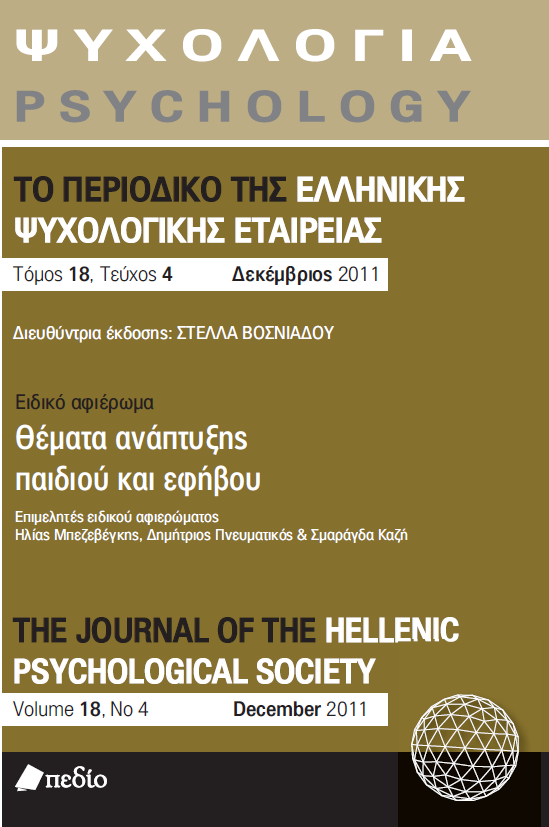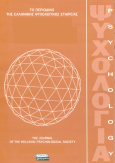Political orientation, political reasoning and sociomoral judgment: A two-way street?

Abstract
The article reviews the main research evidence pertaining to the relationship between political ideology and socio-moral reasoning, as it is explicated in L. Kohlberg’s developmental model. A repeated finding of the relevant literature, both previous and more recent, indicates that the qualitative from stage to stage transformations of the sociomoral
reasoning structures, constitutes one of the determining factors for the formation of political beliefs or political ideology. As far as the direction of such an impact is concerned, the available evidence shows that conventional sociomoral reasoning tends to be associated with more conservative or right-wing political orientation, whereas postconventional thinking is more often connected to more liberal or left-wing political ideology. The explanation of this association pattern still remains a matter of controversy. The article also reports findings from a study which examined the possible impact of sociomoral reasoning on the developmentally differentiated ways children and adolescents understand a number of key political concepts. The findings of the study indicated points of convergence between the developmental pattern of political thinking and socio-moral reasoning that concerned the conceptualization of government and law in the ages of 12-15 and the concept of political authority in the ages of 15-18 years. The findings did not support any association in primary school students.
Article Details
- How to Cite
-
Φωτακοπούλου Ό., & Μαρκουλής Δ. (2020). Political orientation, political reasoning and sociomoral judgment: A two-way street?. Psychology: The Journal of the Hellenic Psychological Society, 18(4), 440–467. https://doi.org/10.12681/psy_hps.23732
- Issue
- Vol. 18 No. 4 (2011)
- Section
- SPECIAL SECTION

This work is licensed under a Creative Commons Attribution-ShareAlike 4.0 International License.
The journal PSYCHOLOGY adopts a Platinum open-access policy. Submission, processing or publication costs are waived by the Hellenic Psychological Society. Papers published in the journal PSYCHOLOGY are licensed under a 'Creative Commons Attribution-ShareAlike 4.0 International' licence. The authors reserve the copyright of their work and grant the journal the right of its first publication. Third-party licensees are allowed to use the published paper immediately after publication as they wish, provided they retain the defined by the license copyright formalities, regarding the reference to its author(s) and its initial publication in the journal PSYCHOLOGY. Moreover, any adjusted work should be shared under the same reuse rights, so with the same CC license.



